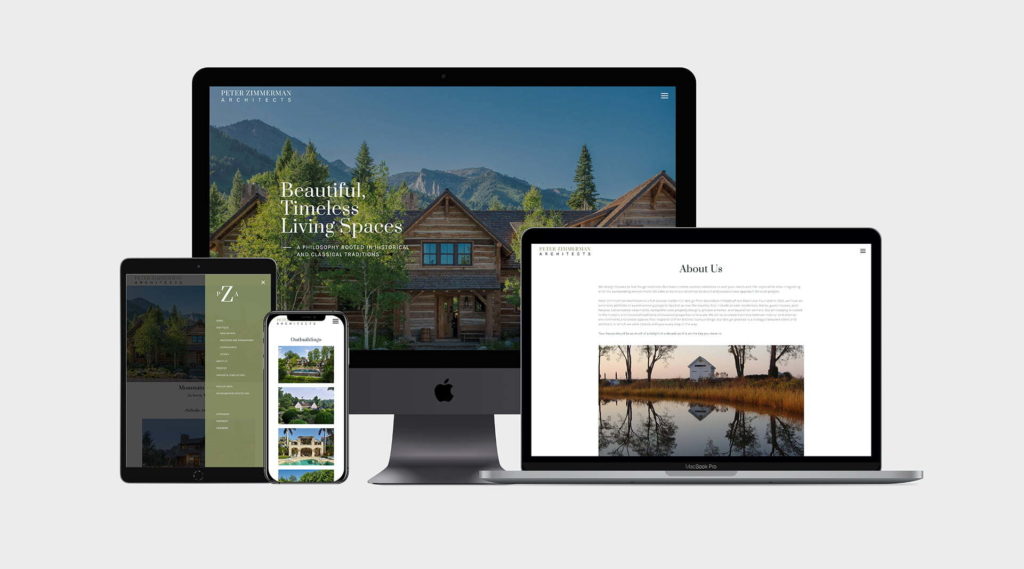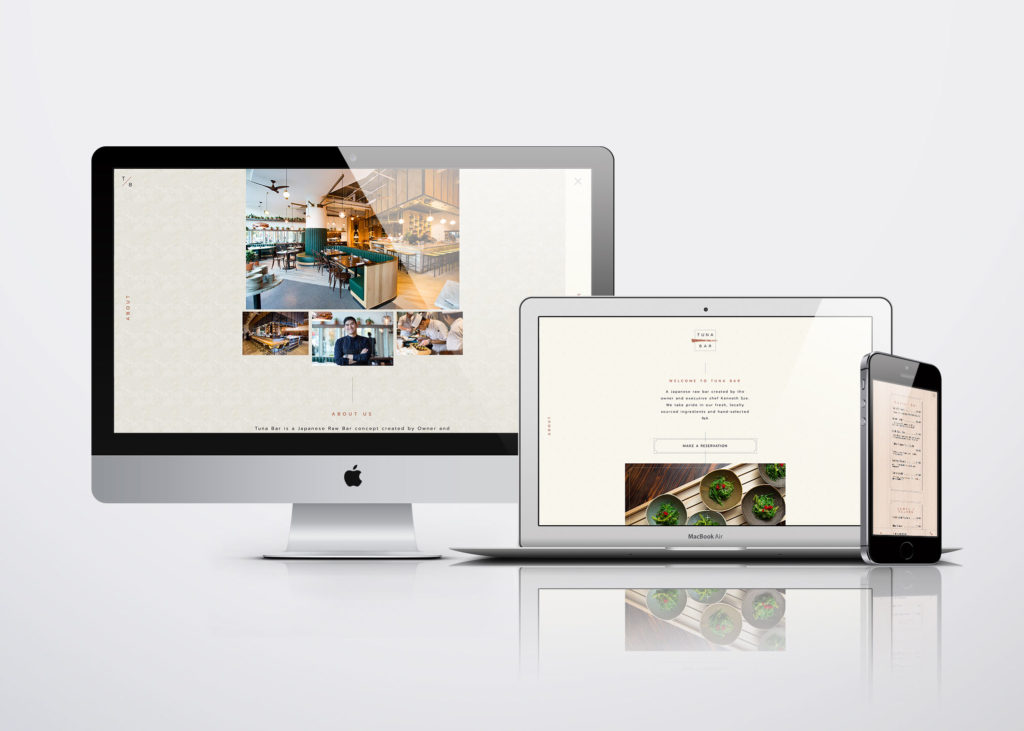Start-up Plan vs. Advanced Plan Websites: What Business Owners Need to Know
Why is choosing the right website crucial for your business?
When deciding to commission web design companies for your business, you may be overwhelmed with options. From custom builds to templates, there are many types of websites to choose from. We’re here to offer advice to choose a website that fits your business. It’s important to understand the ins and outs of each option before collaborating with a web design company. As with many important decisions, it is essential to understand the fundamentals of web design before committing to a specific design for your site.
When it comes to websites here at Neff, there are 2 primary options to choose from Start-up Plan and Advanced Plan. Sites on the Start-up Plan are developed with a page builder called Divi, while sites using the Advanced Plan are built with custom development. There are many pros and cons to each of these options but before we get into that let’s further explain what each option entails.
Start-up Plan vs. Advanced Plan
Now that we’ve discussed the different types of websites offered by web design companies, let’s go into detail about the pros and cons of each, to make the right choice for your business. It’s important to note that upgrading from a Start-Up Plan to an Advanced Plan will require a new phase of development, with a specific timeline and budget. Consider the next couple years of your projected business growth before making a plan selection.

Start-up Plan
1. Scale:
Start-up websites are great for small to medium-sized businesses who can leverage their website to create real value.
2. Timeline:
Start-up sites have a timeline that is significantly shorter than an Advanced Plan custom site.
3. Budget:
Start-up websites are great for businesses that are ready to make an investment in the asset, but don’t want to break the bank. These sites cut costs and time during development by using a page builder called Divi.
4. Search Engine Optimization (SEO):
Start-up websites don’t rank as well as Advanced Plan custom-built websites. This is due to the page builder, which is heavy enough to slow down a website. If your business needs to compete with strong competition on Google, Start-up websites may not be a good fit.
5. Adaptability / Capability:
You have more power to optimize the performance of your website with a Start-up build. If your website must have a very unique user interface or special capabilities, a custom approach is a better option.
6. Maintenance:
Though it carries less risk than an Advanced Plan, Start-up plan websites rely on some 3rd party code. Sometimes plugin updates will no longer be compatible, and this can cause the site to break.
7. ROI (Return on Investment):
Start-up websites can grow in size with your business, but new functionality may be a challenge. If you’re looking for a website that is very flexible, and can pivot with an agile business, you might want to consider an Advanced Plan build.

Advanced Plan
1. Scale:
Advanced Plan websites are typically recommended for medium to large-sized companies who have specific integration needs, leverage complex technology, or must compete in a competitive SEO market.
2. Timeline:
Advanced Plan sites have the longest timeline. They require web design companies to create a custom design and develop the site from the ground up.
3. Budget:
Advanced Plan websites start at a higher price point, but there can be greater opportunities for ROI.
4. Search Engine Optimization (SEO):
Advanced Plan websites can be great for SEO! The code can be optimized to improve rankings.
5. Adaptability / Capability:
The sky’s the limit when it comes to Advanced Plan sites. Essentially any design or technology could be implemented on your custom website. As your business evolves, so can your website!
6. Maintenance:
Advanced Plan sites can be maintained better. This is because it is less reliant on 3rd party code. Advanced Plan websites can be built with code, therefore extending the lifespan of your asset. Their value does not depreciate as quickly as other types of websites.
7. ROI (Return on Investment):
If you have a plan to leverage the capabilities of the site, you won’t regret going with an Advanced Plan website. It will withstand the test of time and can outperform other types of sites.
When it comes to your business’s website, choosing a website doesn’t need to be a difficult decision. Whether you need to enhance brand awareness or create a digital marketing tool, it’s important to understand your business’s goals. Prior to reaching out to web design companies, consider the timeline, budget, audience, and required functionality. Selecting a website that meets your business needs will bring you a step closer to building your ideal tool.
 Get In Touch
Get In Touch